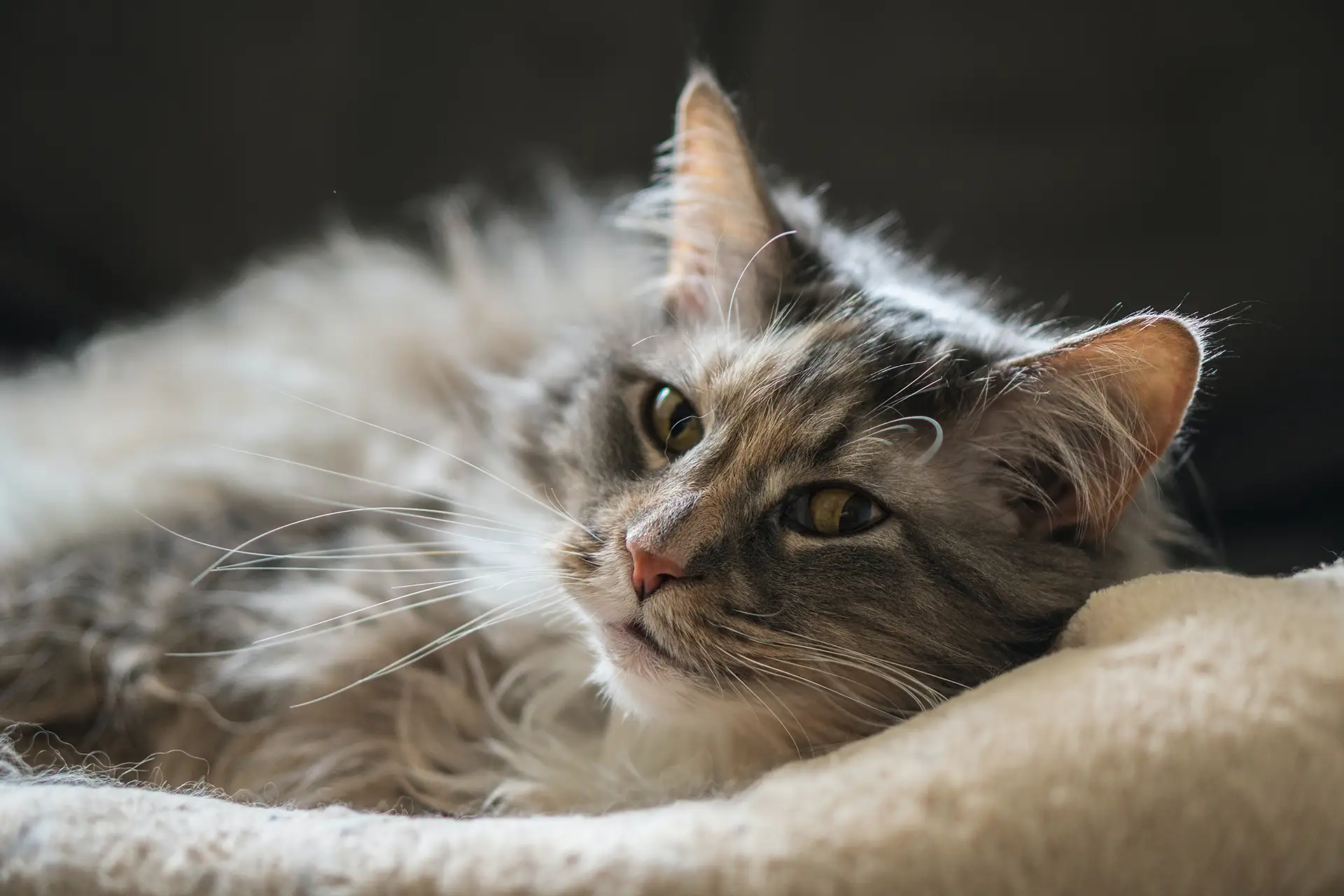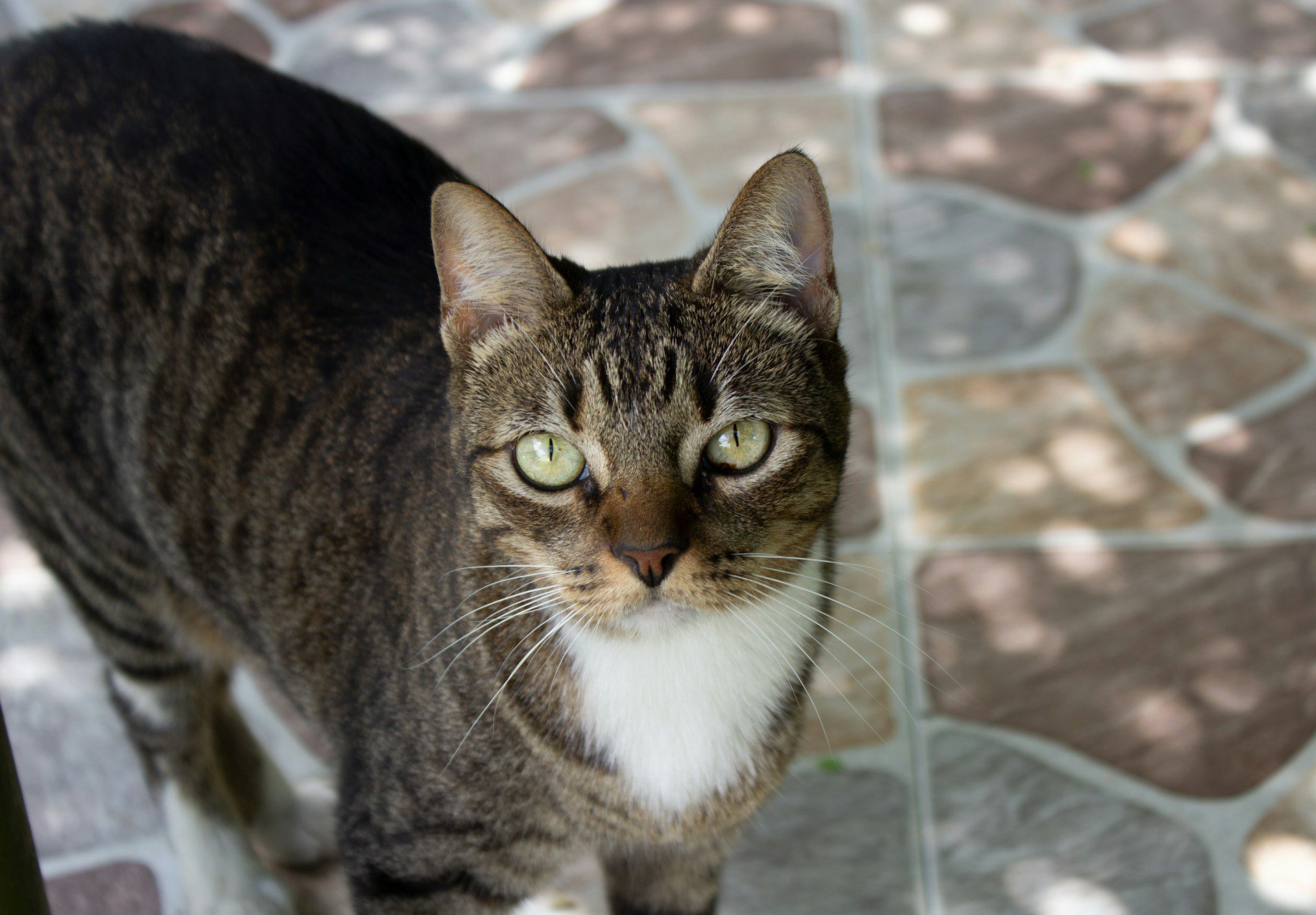Caring for a super senior pet is a rewarding journey that involves adapting to their evolving needs and ensuring a comfortable, fulfilled life. Research shows that older pets benefit from consistent wellness checks, balanced nutrition, and age-appropriate exercise routines, helping reduce the risk of chronic conditions like arthritis and heart disease. Understanding shifts in mobility, cognitive function, and appetite underscores the importance of vigilance when caring for older pets. By creating a calm environment, you can promote better rest and mitigate stress that may arise from changes in routine. Grooming regimens might also need to shift to accommodate sensitive joints and fragile skin, ensuring your furry companion remains clean, healthy, and comfortable. Proper dental care, regular vet evaluations, and tailored mental stimulation contribute to preserving a senior pet’s quality of life. With mindful guidance and proactive support, you can extend their golden years and make every moment count, reflecting devotion.
Is your pet entering his golden age? Pets age like people… slowly for a while, then suddenly all at once. Fido and Fluffy will never stop being the cute, cuddly companions they always have, and they will always be puppies or kittens. However, their needs change over time. Once your pet reaches this senior stage, it becomes what some of us like to call super senior. To help you with caring for older pets, a local vet shares some practical advice on ensuring your aging furry friend remains healthy and comfortable.
Dish
Older pets often have quite sensitive stomachs. They will have a harder time eating fatty foods and may also experience abdominal pain from changing their diet too quickly. Some dogs and cats will benefit from special supplements and/or foods. You may also need to reduce portions or switch brands to help prevent obesity. Ask your vet for recommendations.
Exercise
Just like humans, older pets tend to slow down with age. Fido may get tired after walking around the yard, while Fluffy may limp after a few mid-jumps. You don’t want your pet to become a couch potato: you just need to find the right balance. Ask your veterinarian for advice on this.
Grooming
Proper grooming plays a vital role in caring for older pets. Each pet has unique needs; however, routine brushing of your senior dogs and cats is necessary to maintain their coat’s health. Bathing should be done as required, tailored to their comfort and skin condition. Older dogs often benefit from more frequent nail trimming to prevent mobility issues and discomfort.
Incontinence
Loss of control is not uncommon in older animals. It is definitely something to contact your vet about! In some cases, it can be treated. For others, it could be a sign of a more serious problem. Mattress covers and urinary pads can help prevent damage. You may also need to clean your pet to avoid burns.
Sight / Hearing
Fido and Fluffy sometimes have vision and hearing problems. Pets can still live a full and happy life if they lose some sense of input. You may need to make some minor tweaks, such as enhancing pet protection. Ask your veterinarian for more information.
Love
To ensure you’re effectively caring for older pets, focus on enhancing their comfort as they age. Provide your beloved pet with amenities that cater to their changing needs, such as soft beds, pet ramps, and night lights. These additions make daily life easier and safer for Fido and Fluffy. As they enter their golden years, it’s essential to show your appreciation for their years of companionship by making their environment as comforting and secure as possible.
Caring for Older Pets in 2025
How does size and breed affect aging in dogs?
Size and breed significantly influence the aging process in dogs. Larger breeds, such as Great Danes or Mastiffs, often have faster metabolic rates and may reach senior status earlier, sometimes exhibiting age-related conditions by five or six years. Smaller breeds, including Chihuahuas or Toy Poodles, generally experience longer lifespans, entering their senior phase later. Genetics also play a considerable role, with certain lineages more prone to heart, joint, or respiratory issues that may accelerate or complicate aging. Recognizing that each breed and size has unique needs helps guide dietary adjustments, exercise routines, and veterinary care for a healthier, happier older dog.
What screening tests are recommended for senior pets?
Senior pets should undergo routine screening tests to ensure optimal health as they age. Recommended tests include blood work to check for kidney, liver, and thyroid function, and urinalysis to detect urinary tract issues. Additionally, veterinarians often suggest chest X-rays and an abdominal ultrasound to assess heart health and internal organs. Regular screening helps identify potential health problems early, facilitating timely intervention and improving the quality of life for aging pets. Consult a veterinarian to tailor screenings to your pet’s specific needs.
How should you handle pets with temperature regulation issues?
Pets experiencing temperature regulation issues require attentive care to maintain comfort. Ensure their environment is neither too hot nor too cold, adjusting indoor temperatures accordingly. Provide access to cool, shaded areas or heated spaces depending on the need. Lightweight or insulated bedding can help regulate body temperature effectively. Hydration is vital, so always make sure fresh water is available. Regularly consult your veterinarian to assess any underlying health issues and to tailor a care plan suited to your pet’s specific conditions. This proactive approach helps manage temperature sensitivity, ensuring your pet remains comfortable.
What are the early signs of aging to watch for?
Early signs of aging in pets include reduced activity levels, slower recovery from physical activity, and increased sleep duration. Changes in appetite or weight can also indicate aging, as can a decreased interest in play or interaction. Digestive issues, such as sensitivity to certain foods, may become apparent. Additionally, aging pets might show signs of incontinence and may have difficulty hearing or seeing. These changes often occur gradually, making regular veterinary check-ups essential to manage the health and comfort of aging pets effectively.
How can you make stairs and elevated areas accessible?
Pets with limited mobility can benefit from ramps or specialized pet stairs, which reduce stress on joints. Non-slip pads or carpets on steps can increase traction, minimizing slips and falls. Another tip is to place night lights near these areas for better visibility, especially if vision is compromised. If balance is a concern, installing handrails or using harnesses can help. Adjusting step heights, or adding padding, also supports easier movement. Maintaining a healthy weight through a balanced diet and regular, moderate exercise will improve mobility and reduce pressure on aging joints.
Do you have questions about your superiors? Contact us, your local animal clinic in Rialto, CA!



